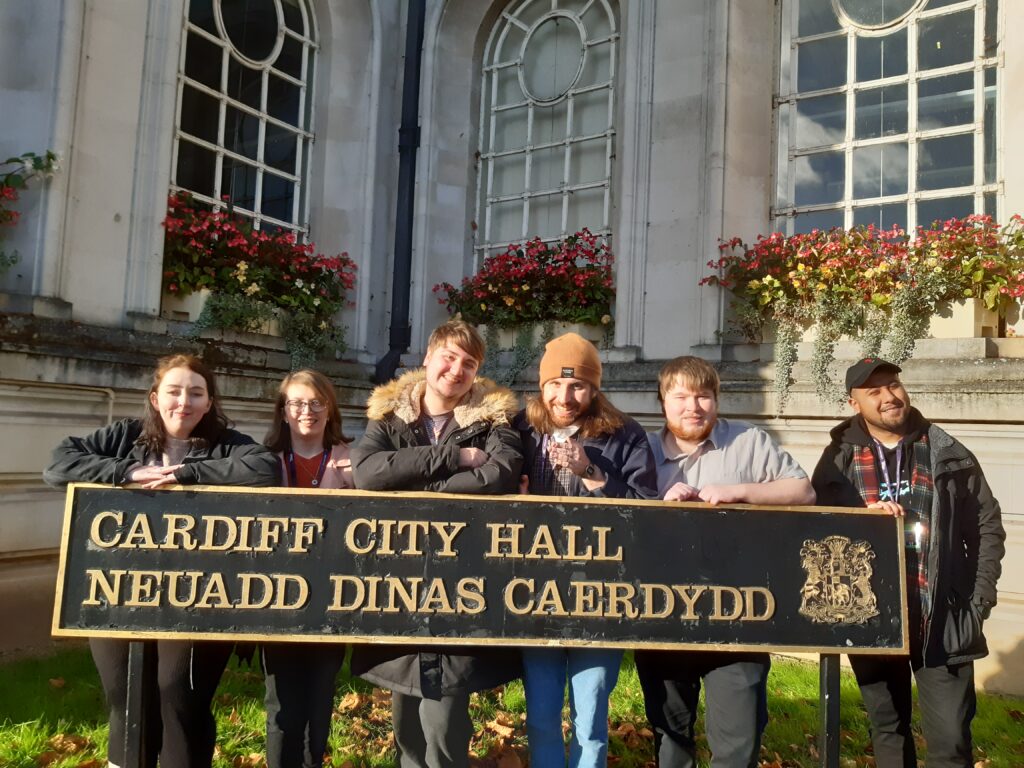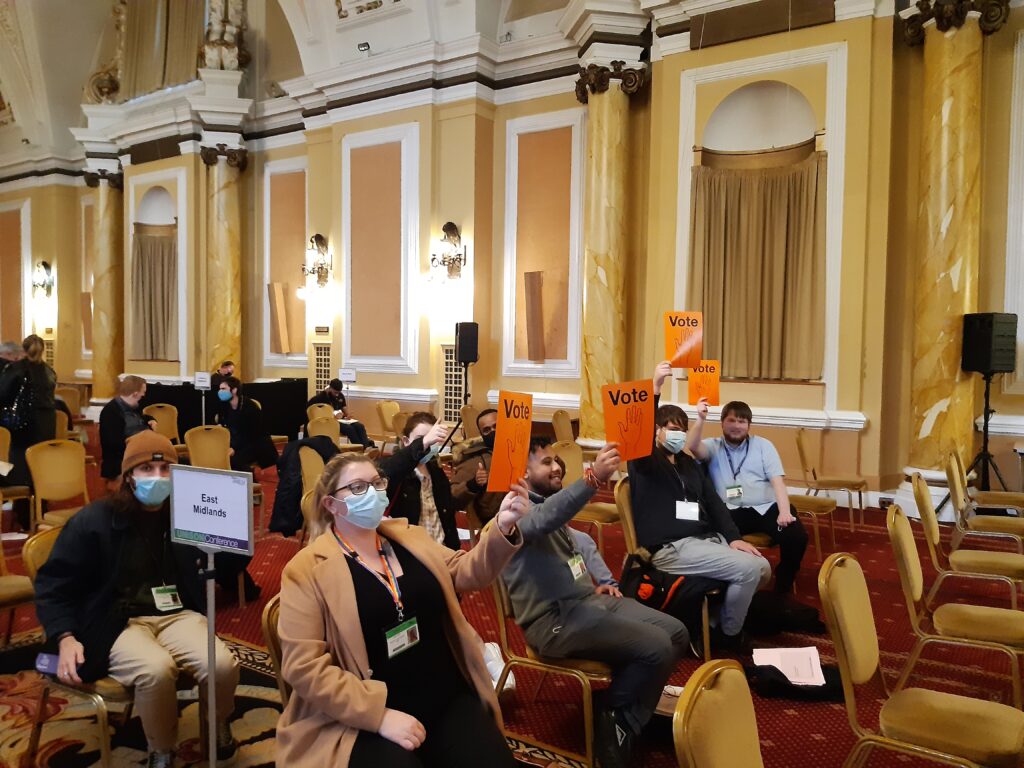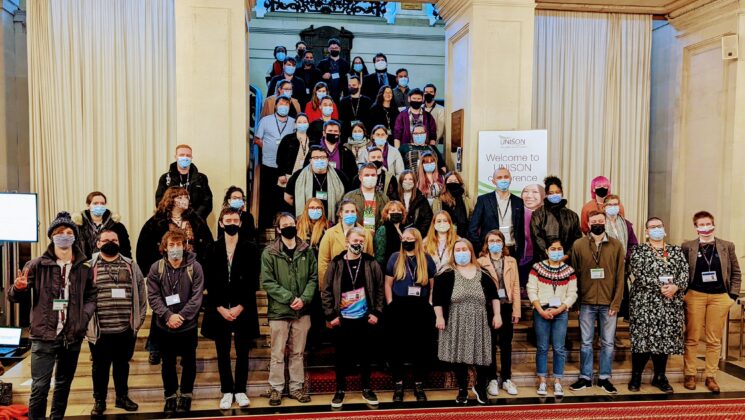UNISON hosted its first ever young members’ conference in Cardiff City Hall at the beginning of December, and the East Midlands was well represented.

UNISON national young members forum chair – Lincolnshire’s Jess McGuire – welcomed delegates from across the union’s regions and nations, and three of the keynote speakers talked about how they had started their activism in young members organisations: general secretary of Wales TUC Shavanah Taj, UNISON Northern regional secretary Clare Williams and Angela Rayner, deputy leader of the Labour Party and shadow secretary of state for the future of work.
Ms Rayner assured delegates that there is no better political education than the trade union movement. She said that, as a young member, UNISON gave her a focus for her frustration about all the injustices in society. She said: “You can be different, you can be spicy, you can be an agitator – and in UNISON, people will like you for it rather than reject you.”
Introduced by vice chair of the national forum Isla Watson, Ms Taj talked about the strengthening of social partnership agreements in Wales, which could be a model for the whole UK. On a panel with researcher Anna Liddle and winner of the first young Black members award, Funmi Ayeni, Ms Williams told delegates about the project to make sure all members have the best experience of their union.
UNISON assistant general secretary Jon Richards brought a message of support from general secretary Christina McAnea to the conference, and briefed delegates on UNISON’s current industrial strategy and the importance of the union’s campaign for intergenerational fairness.
The challenges of delivering underfunded public services during the pandemic, the way COVID-19 has exposed and deepened inequalities, and the impact on people’s health and wellbeing ran through much of the debate on motions.

Many delegates talked about intersectionality, not least in two motions from the national LGBT+ group, moved by Cici Carey-Stewart and Lilly Martin. The first was on the particular impact of climate change on young LGBT+ members and other marginalised communities, with the second was on mental health, homelessness and LGBT+ young people.
The final debate of the conference was on domestic abuse. This returned to the themes of the impact of COVID-19 and the importance of collective trade union responses. Delegates welcomed UNISON’s resources on domestic abuse as a workplace and a trade union issue and called for vital bargaining and education work to continue.

